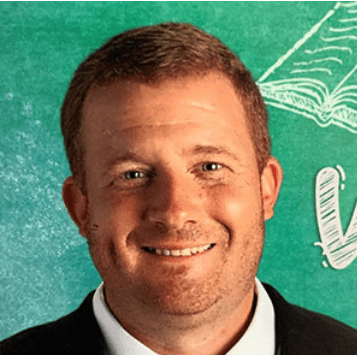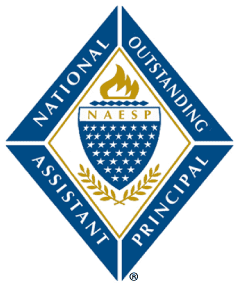
Derrick M. Jordan
Prichard Elementary School
Grayson, Kentucky
derrick.jordan@carter.kyschools.us
Best Practices
1) I feel like one of my most important accomplishments in my two years as Assistant Principal is incorporating trauma-informed approaches within our school environment. To get started, the school counselor and I worked together with other counseling agencies to develop guidance groups based on trauma specific to each group of students. Next, we scheduled these groups to meet at least once per week in order to reflect an understanding of trauma, remove barriers, and prevent re-traumatization (e.g., discipline and restraint and seclusion); establish a continuum of academic and nonacademic supports and interventions, ranging from promotion of skills to prevention and intervention; and embedded social and emotional skill building in learning activities. In addition to the groups, I have also built important partnerships with community agencies for training, consultations, resources and services (hospitals, mental and behavioral health agencies, health department, job and family services, law enforcement).
Most importantly, developing trauma-informed approaches has strengthened staff and student connections, helped promote parent and community partnerships and improved school climate. Through this, our school is becoming a school that treats behavior as any other subject area. Whenever a student has a negative behavior, we get to the root of the problem instead of simply disciplining the student. Treating behavior like math and reading has allowed us to target behaviors with specific interventions, which has led to major improvements in student behavior and school culture.
2) I feel like our school does an excellent job focusing on student growth. One example of how I have added to this is through Professional Learning Communities (PLCs), and facilitating the process involved. Beyond the analysis of state assessments, teachers and I continually review assessment data including STAR Reading, DIBELS, Accelerated Math, teacher made assessments, and unit assessments to refine the instructional practices. Students who are not meeting benchmarks are identified and targeted for intensive interventions. Intervention plans are created, and a timeline is established. Progress monitoring is administered every other week to ensure students are receiving the appropriate instruction as evidenced by mastery of skills. I and other school administrators meet with teachers weekly to review intervention plans, progress monitoring results, and the instructional focus for each student. Within our PLCs we also review state standards and create common assessments based on each standard. These formative assessments serve as a guide for instructional practices. Teachers provide instruction based on the standards to be assessed. The assessments are administered, and weaknesses are identified among groups of students based on the common assessment results. After a detailed analysis, interventions that focus on the targeted skill are provided to at-risk students. The process of using formative assessments ensures that all students will reach the mastery level for each standard. This approach ensure that all students at Prichard Elementary are successful and working to meet their greatest potential.


